
13 Early Warning Signs Your Blood Sugar is SUPER High
High blood sugar, also known as hyperglycemia, is a condition that affects millions of people around the world, often without them even knowing it. When left unchecked, it can lead to serious health issues such as type 2 diabetes, heart disease, nerve damage, and kidney problems. Recognizing the early warning signs is essential for early intervention and maintaining a healthy lifestyle. Here are 13 common early warning signs that your blood sugar may be dangerously high.
1. Frequent Urination
When your blood sugar is too high, your kidneys try to flush out the excess glucose through urine. This leads to increased urination, especially at night.
2. Excessive Thirst
Frequent urination causes your body to lose fluids, which can result in intense thirst. If you find yourself drinking water constantly but still feeling dehydrated, it might be a warning sign.
3. Increased Hunger
High blood sugar prevents glucose from entering cells, leaving your body starving for energy. This can cause extreme hunger even shortly after eating.
4. Fatigue
Because the body isn’t able to use glucose efficiently, you may feel unusually tired or weak, even after a full night’s sleep.
5. Blurred Vision
Excess glucose in the blood can affect the eyes by pulling fluid from your lenses, making it difficult to focus.
6. Dry Mouth and Skin
Dehydration from frequent urination can lead to dry mouth and itchy, flaky skin.
7. Slow Healing of Wounds
High blood sugar affects circulation and immune system function, making it harder for cuts, bruises, or sores to heal.
8. Frequent Infections
Elevated glucose levels create a suitable environment for bacteria and yeast, leading to frequent infections like urinary tract infections, gum disease, or skin infections.
9. Tingling or Numbness in Hands and Feet
Over time, high blood sugar can damage nerves, resulting in tingling, pain, or numbness — a condition known as diabetic neuropathy.
10. Unexplained Weight Loss
Despite eating normally or even more than usual, the body may begin to break down fat and muscle for energy if it cannot access glucose, leading to unintentional weight loss.
11. Dark Patches on Skin
Also known as acanthosis nigricans, these darkened areas usually appear on the neck, armpits, or groin and may be an early indicator of insulin resistance.
12. Headaches and Trouble Concentrating
Fluctuating blood sugar levels can affect brain function, leading to frequent headaches and difficulty focusing or thinking clearly.
13. Mood Changes or Irritability
Sugar imbalances can impact mood and mental health, causing irritability, anxiety, or even depression in some individuals.
What You Should Do
If you are experiencing any of these symptoms consistently, it’s important not to ignore them. While some of these signs might seem harmless or common, they could be the early warning signs of a much more serious condition. Consider speaking with a healthcare professional and requesting a blood glucose test.
Prevention and Lifestyle Tips
Maintaining a balanced diet low in processed sugars and refined carbohydrates, engaging in regular physical activity, managing stress, and getting regular check-ups can help control your blood sugar levels. Staying hydrated and getting enough sleep also play a crucial role in regulating glucose.
Conclusion
Understanding the early symptoms of high blood sugar can save lives. Many people go months or even years without realizing their blood sugar is out of control. By staying informed and aware, you can take proactive steps to manage your health before complications develop.
News in the same category

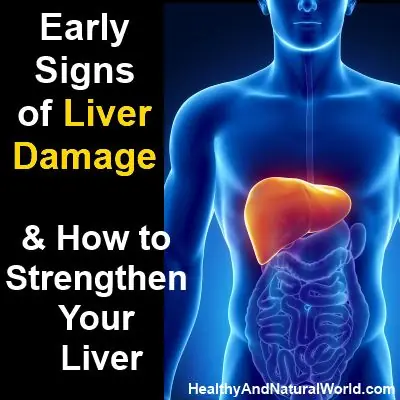
Early Signs of Liver Damage & How to Strengthen Your Liver
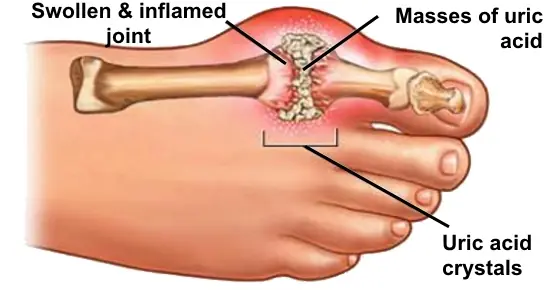
The Best Natural Gout Treatments: Remove Uric Acid Crystallization To Prevent Gout And Joint Pain
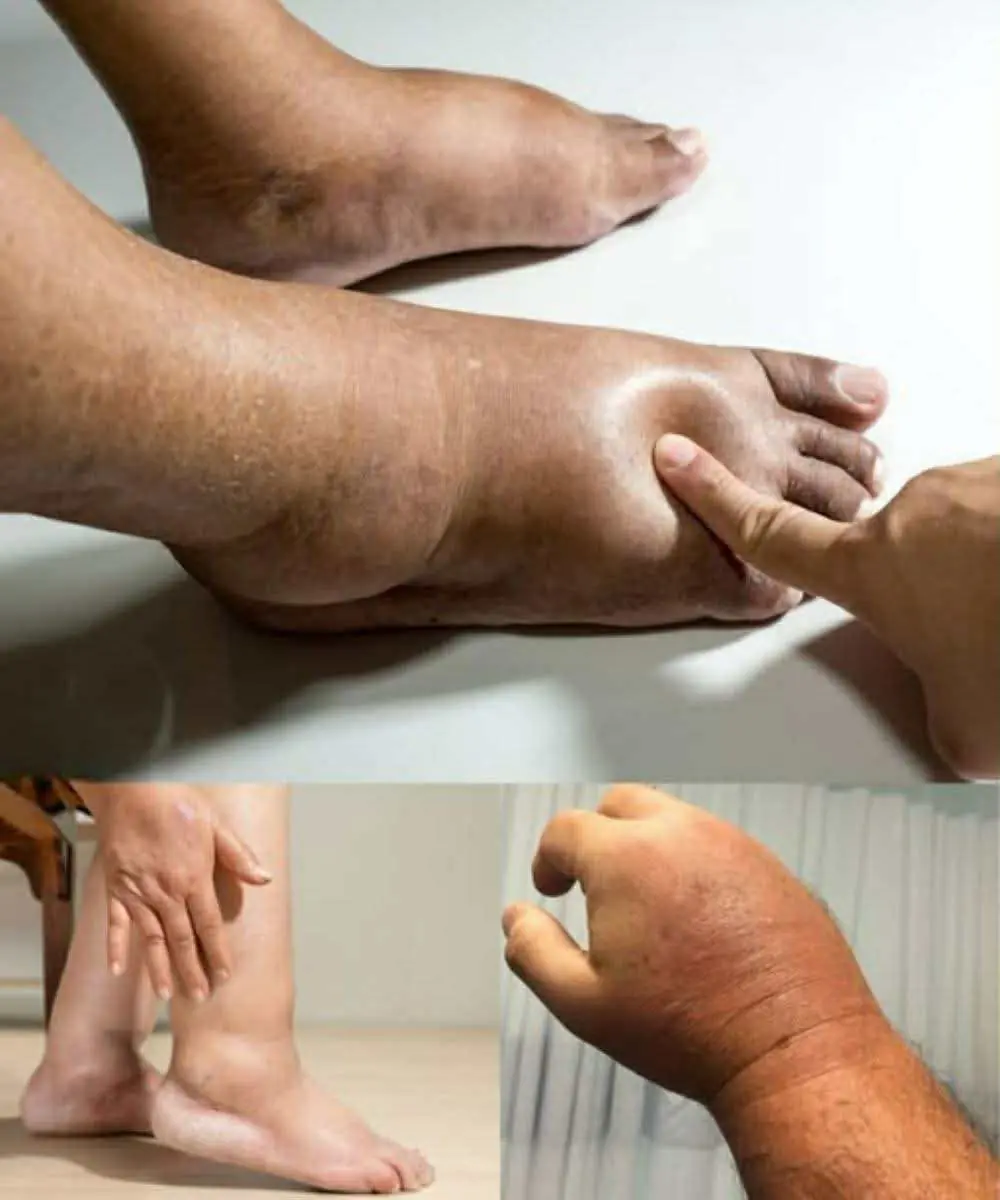
Foods that can ease swelling in hands and feet
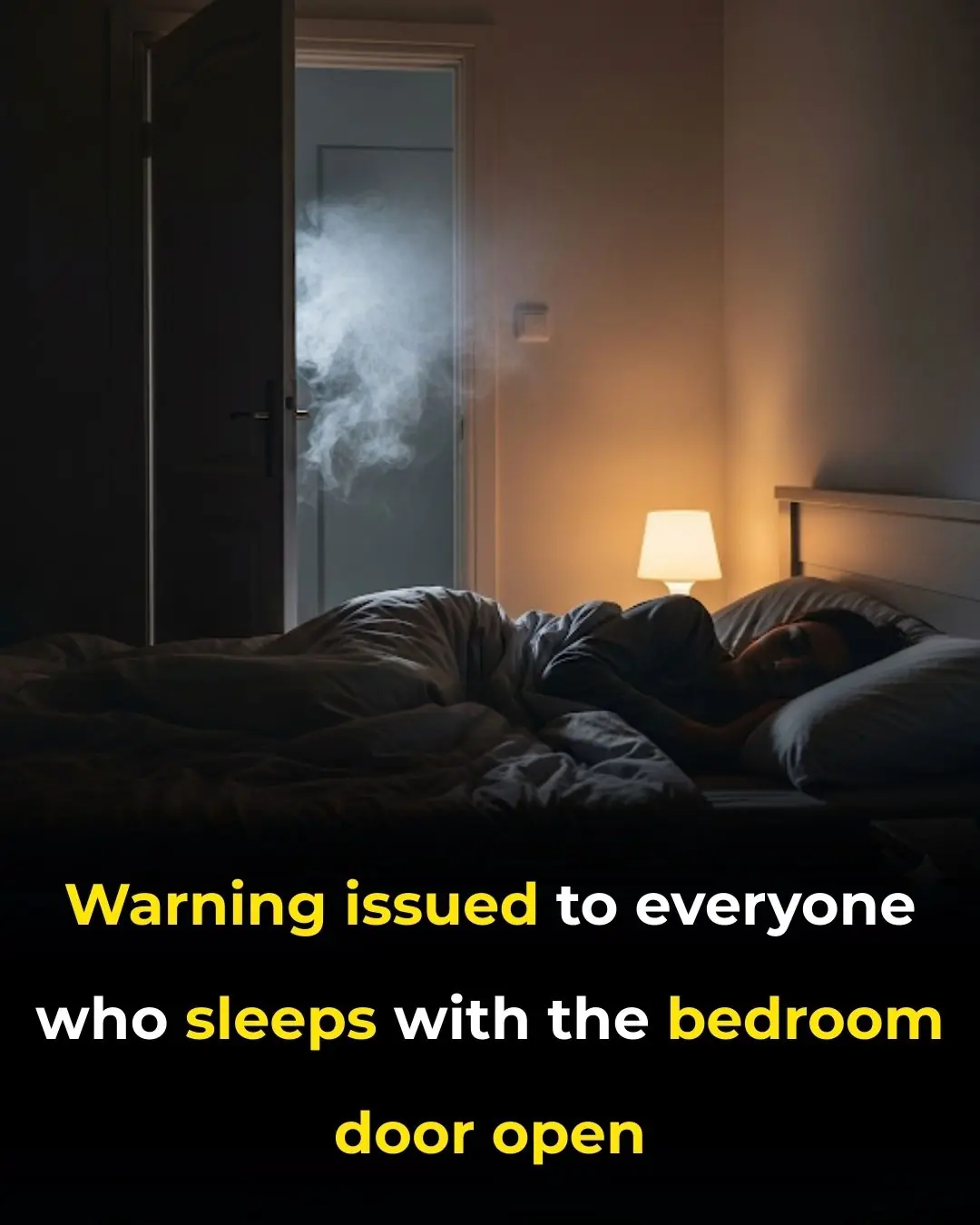
Sleeping With The Door Open

Woman shares ’embarrassing’ symptoms she regrets hiding from doctors as she’s diagnosed with incurable cancer
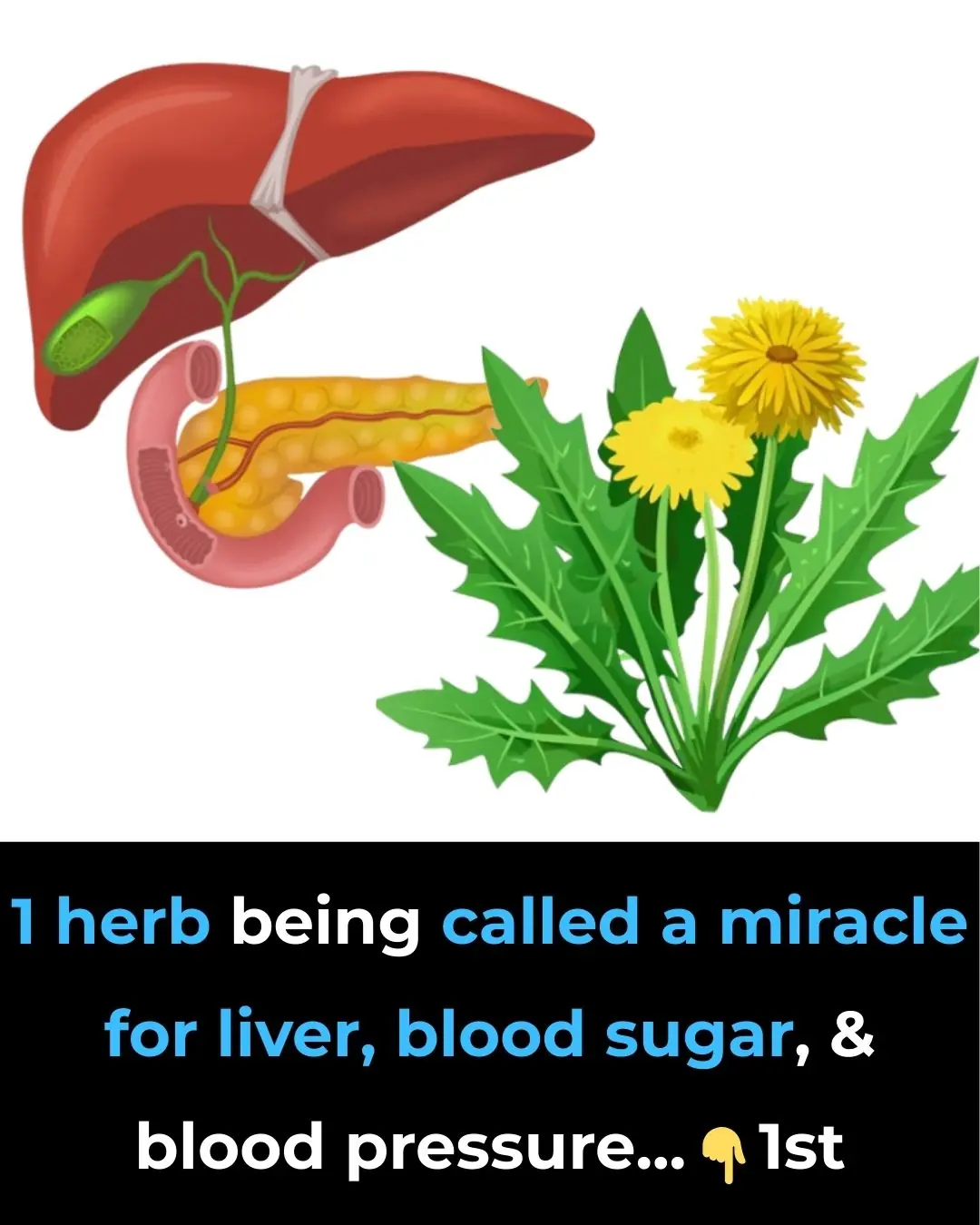
1 herb being called a miracle for liver, blood sugar, and blood pressure
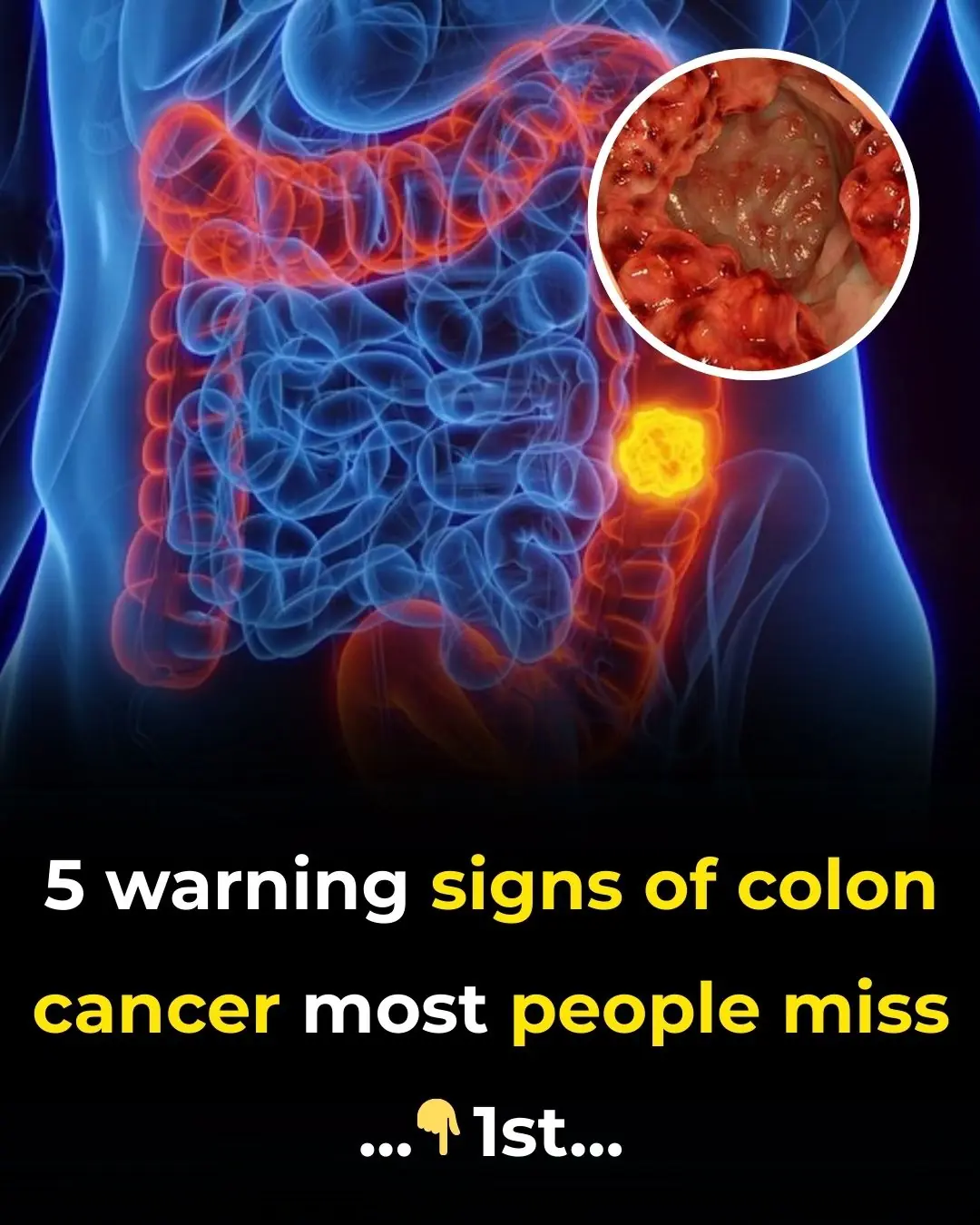
5 Unusual Signs Of Colon Cancer Folks Accidentally Ignore For Years

1 cup before bed: end restless nights and repair your nerves
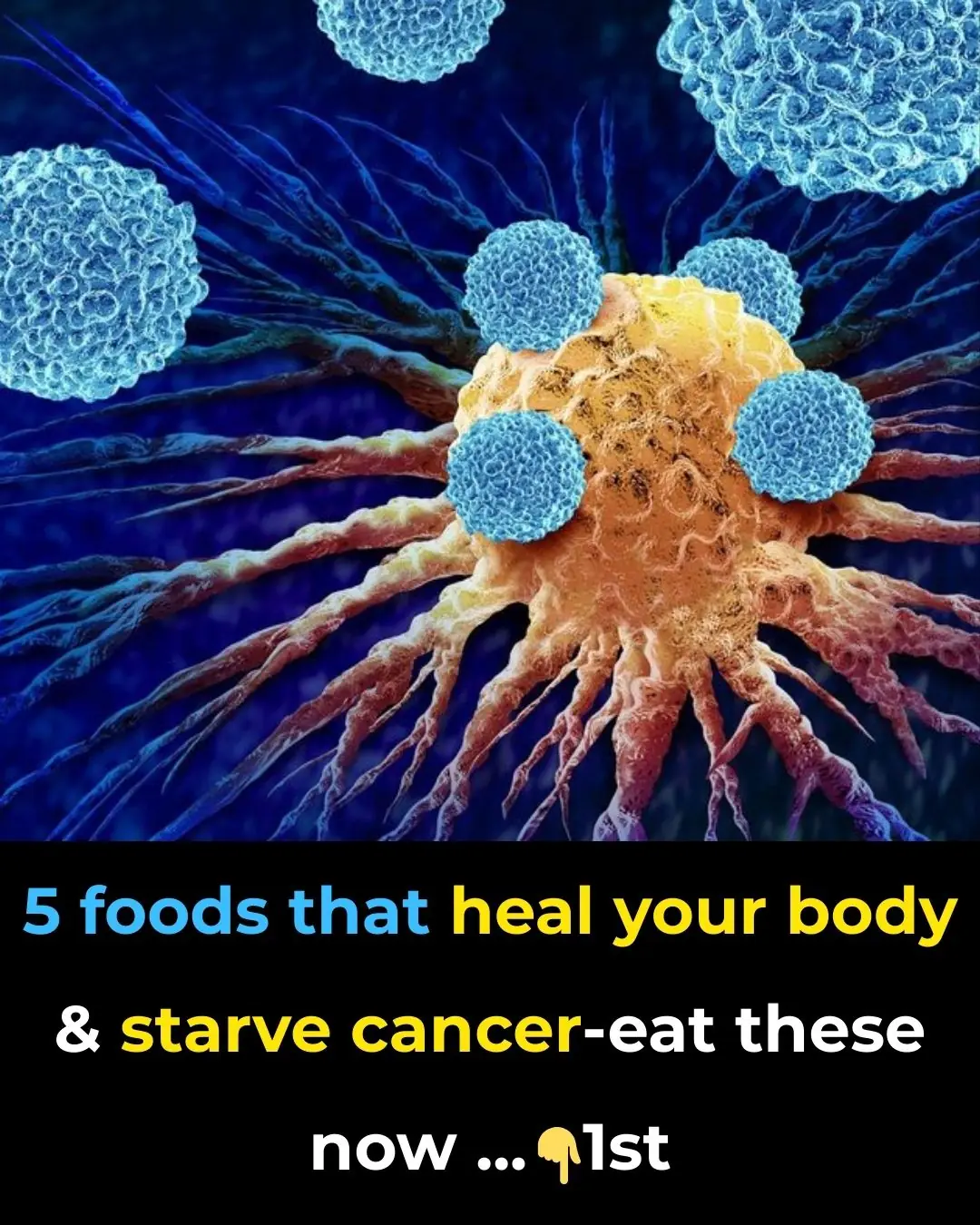
5 foods that heal your body and STARVE cancer—eat these now!

Preventing Stroke At Any Age: 3 “Don’ts” After Meals—And 4 “Don’ts” Before Bed

The Truth About “Old Person Smell”: What Causes It And How To Get Rid Of It

12 surprising foods that help dissolve blood clots naturally
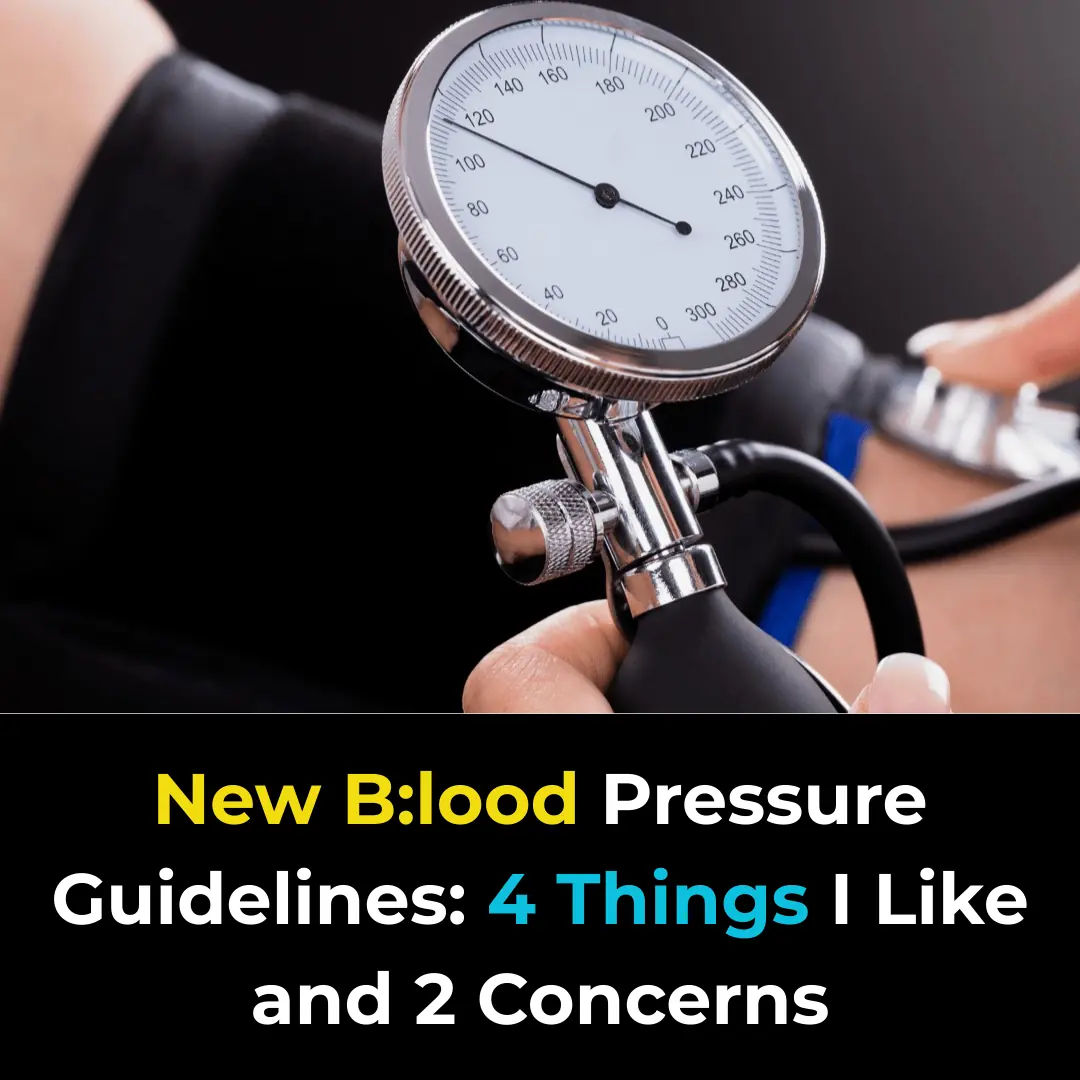
New B::l:ood Pressure Guidelines: 4 Things I Like and 2 Concerns
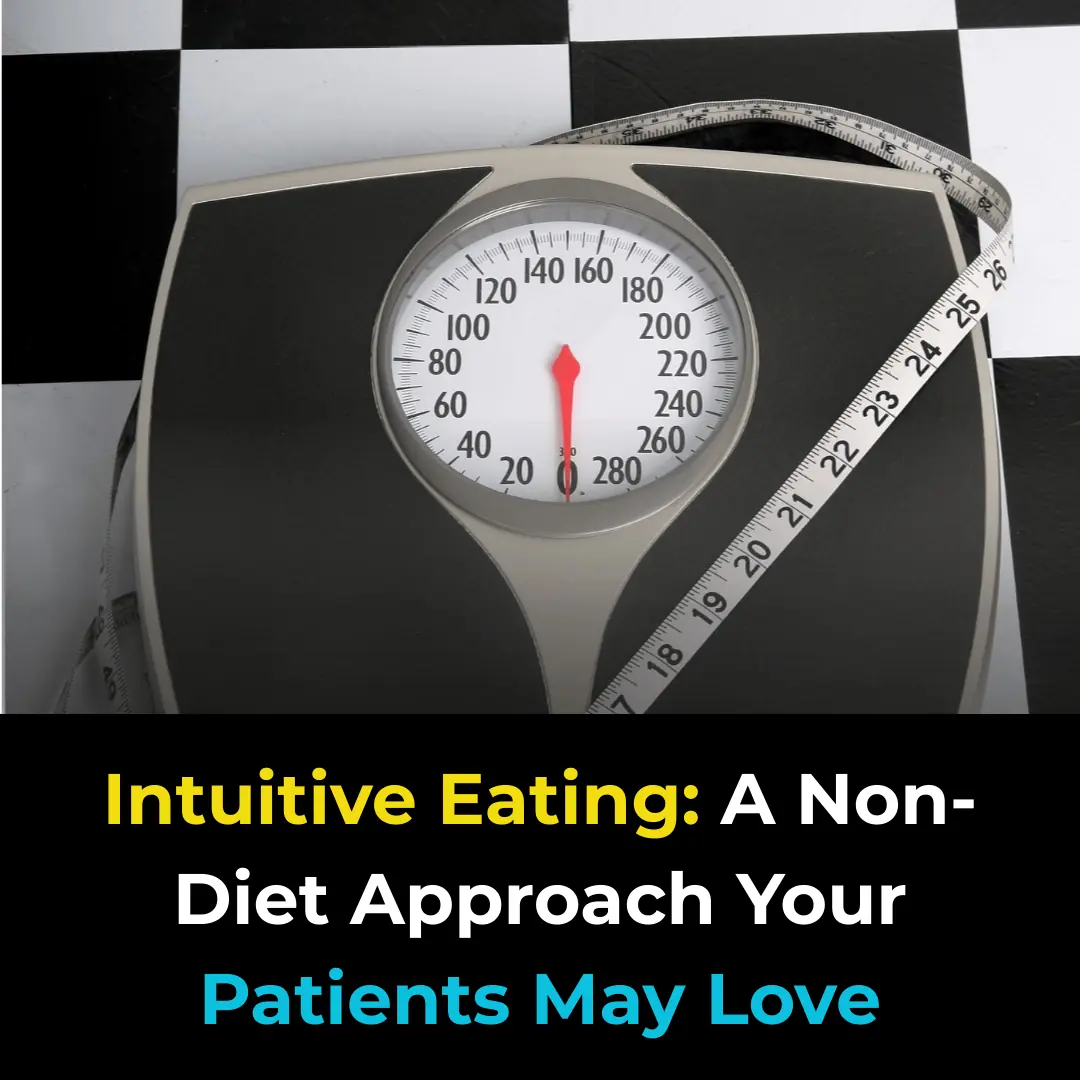
Intuitive Eating: A Non-Diet Approach Your Patients May Love

Global Prevalence of Hidradenitis Suppurativa Approaches 1%

Who Should Avoid Eating Chicken Feet?

Here’s How To Get Rid of Sinus Infections Naturally, No Antibiotics Required!
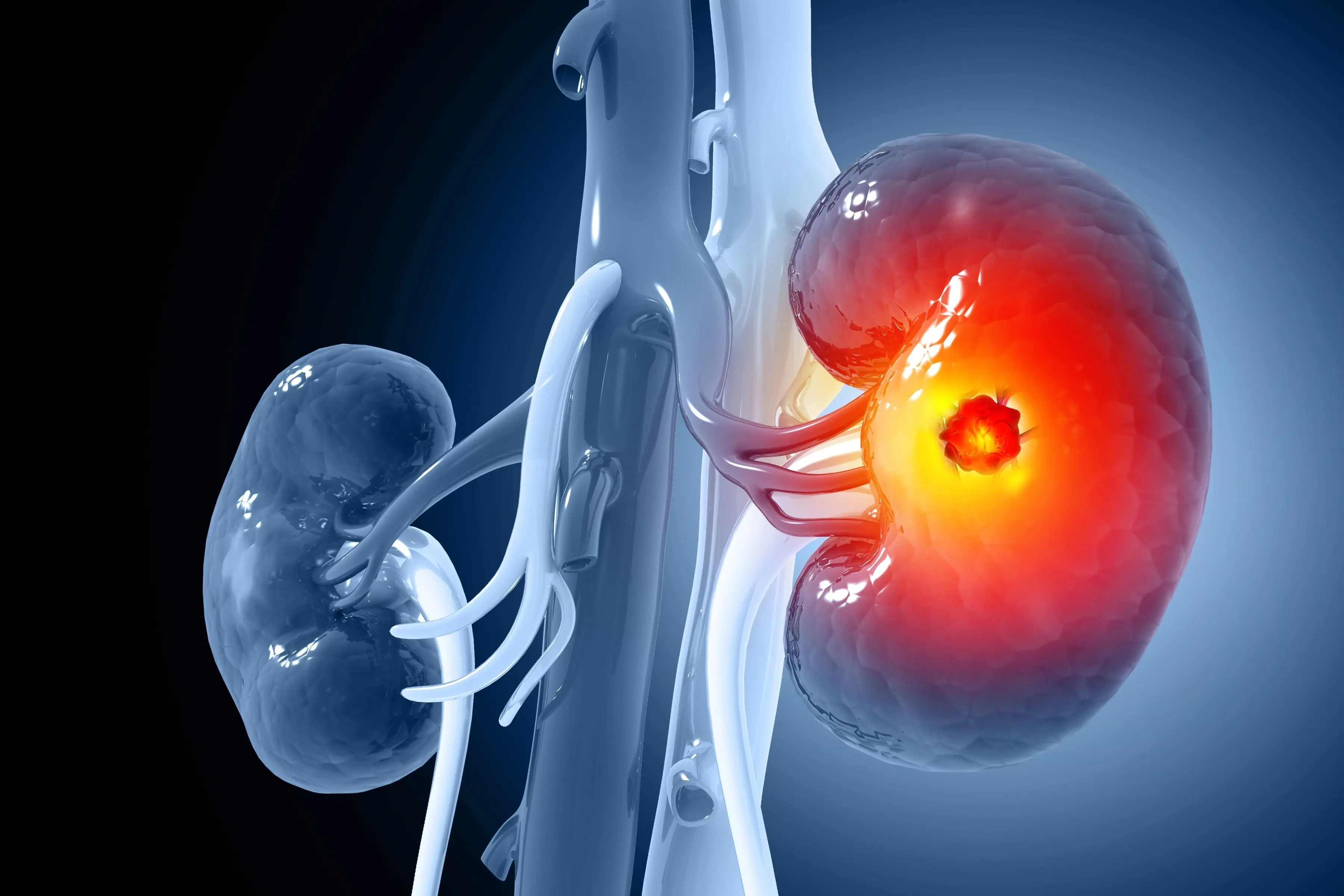
If You’re Experiencing THESE Symptoms, Your Kidneys May Be at Risk

Best Natural Gout Treatments to Remove Uric Acid Crystallization and Prevent Gout And Joint Pain
News Post

8 Common Hygiene Myths You Shouldn’t Believe
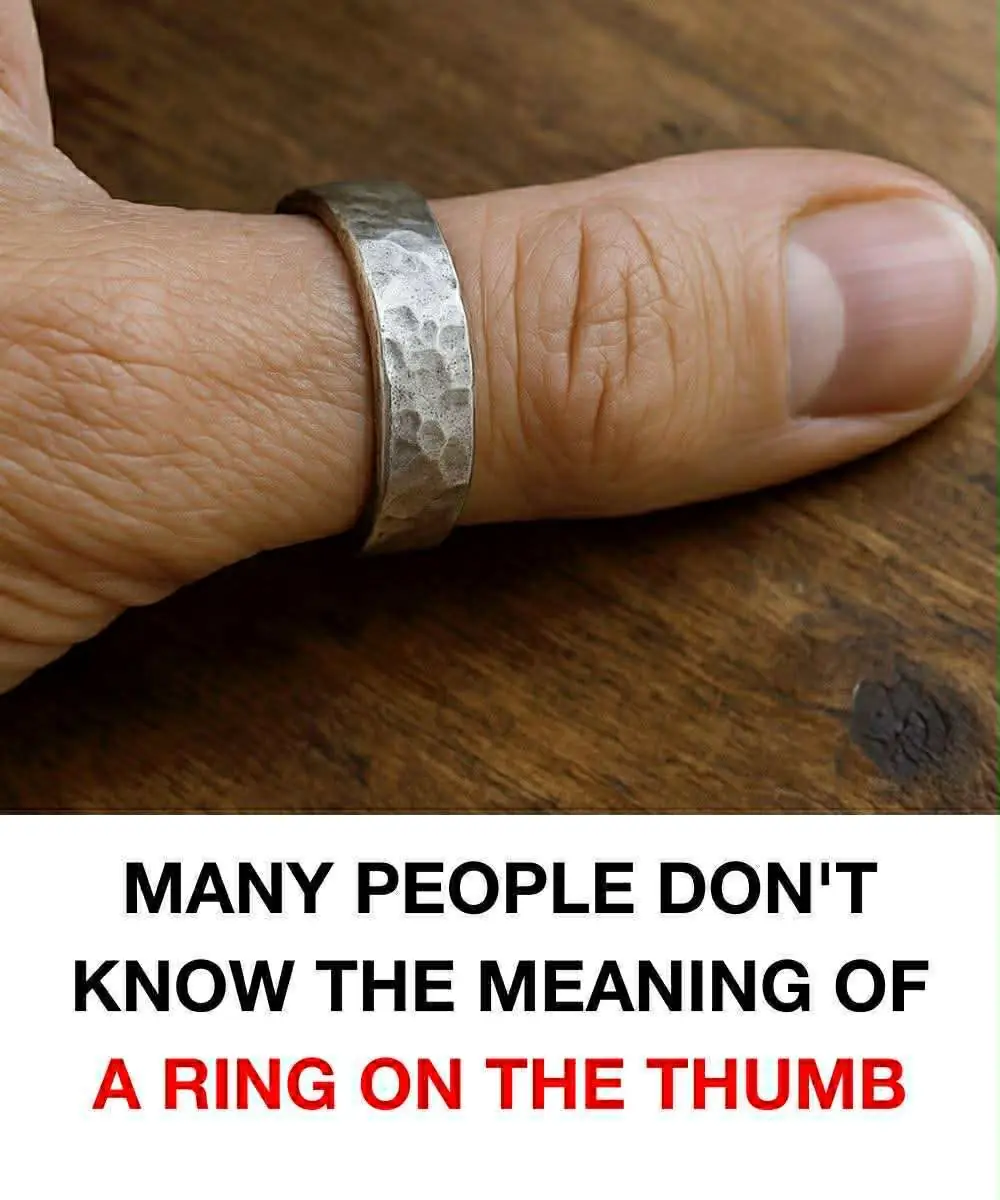
The hidden meaning of thumb rings: what they represent for women vs. men

What it says about your relationship when your partner sleeps with their back to you

Pouring Hot Water into the Kitchen Sink: Thought It Was Helpful but Actually Causes Two Serious Problems

Early Signs of Liver Damage & How to Strengthen Your Liver

Clogged Pipes? Super Easy Home Remedies Without Calling an Expensive Plumber!

The Best Natural Gout Treatments: Remove Uric Acid Crystallization To Prevent Gout And Joint Pain

Foods that can ease swelling in hands and feet

The Golden 4-Hour Window to Drink Coffee for Maximum Health Benefits: Clean Liver, Smooth Digestion, and Balanced Blood Sugar

Sleeping With The Door Open

The World’s Strongest Animal Isn’t an Elephant or Bear

Gordon Ramsay issues health warning after undergoing cancer surgery

Woman shares ’embarrassing’ symptoms she regrets hiding from doctors as she’s diagnosed with incurable cancer

1 herb being called a miracle for liver, blood sugar, and blood pressure

5 Unusual Signs Of Colon Cancer Folks Accidentally Ignore For Years

Delta Pilot Spends Year’s Salary to Fly 112 Friends to Hawaii for Epic Retirement Sendoff

1 cup before bed: end restless nights and repair your nerves

5 foods that heal your body and STARVE cancer—eat these now!

Mixing Beer with Sugar or Detergent: A Brilliant Solution to a Common Household Problem You Shouldn’t Miss
